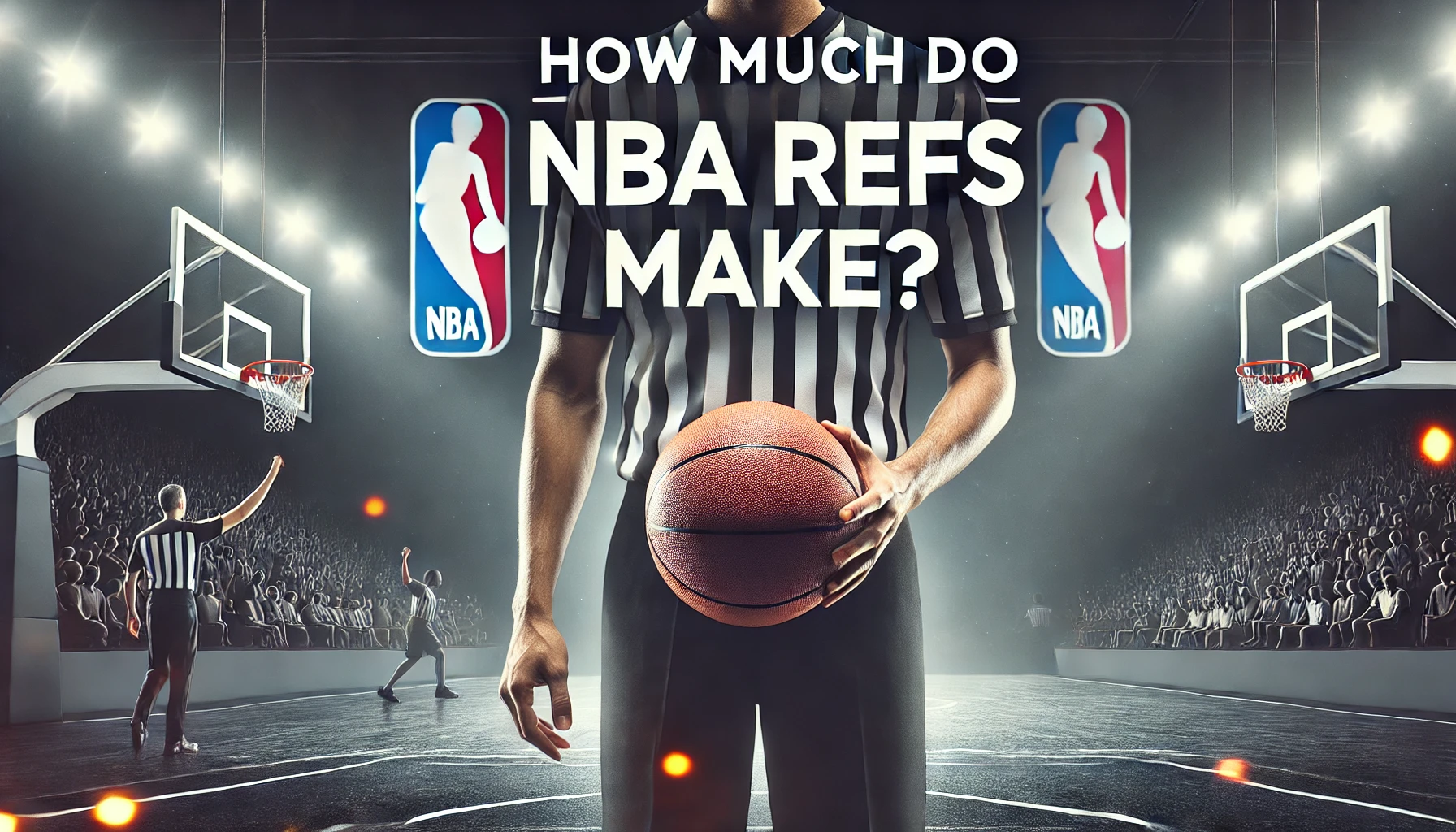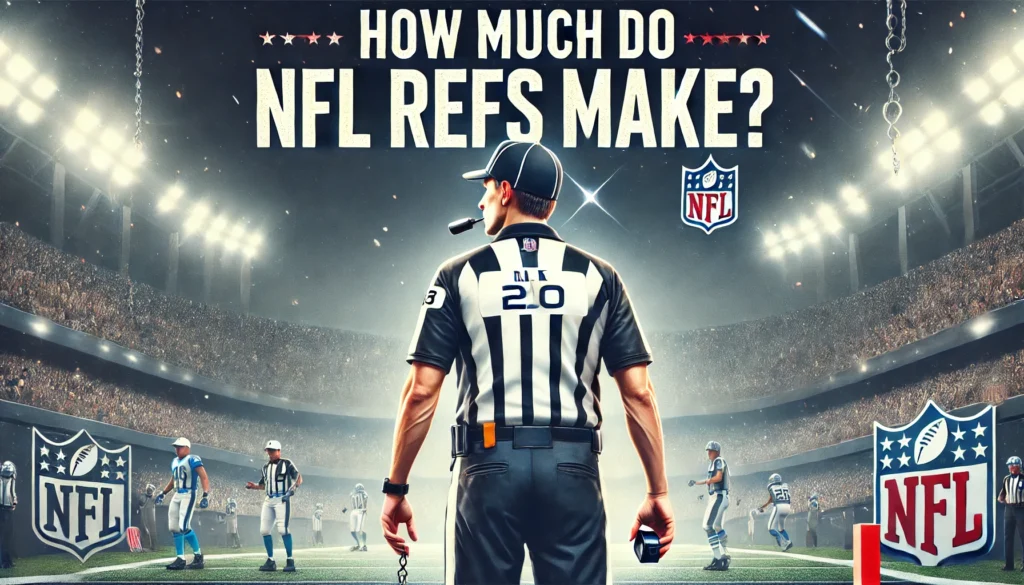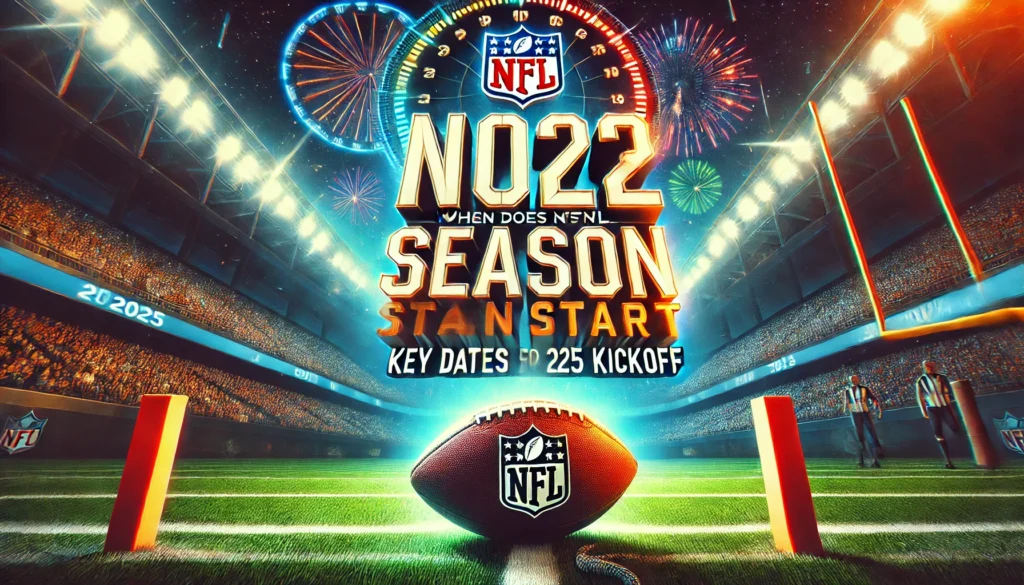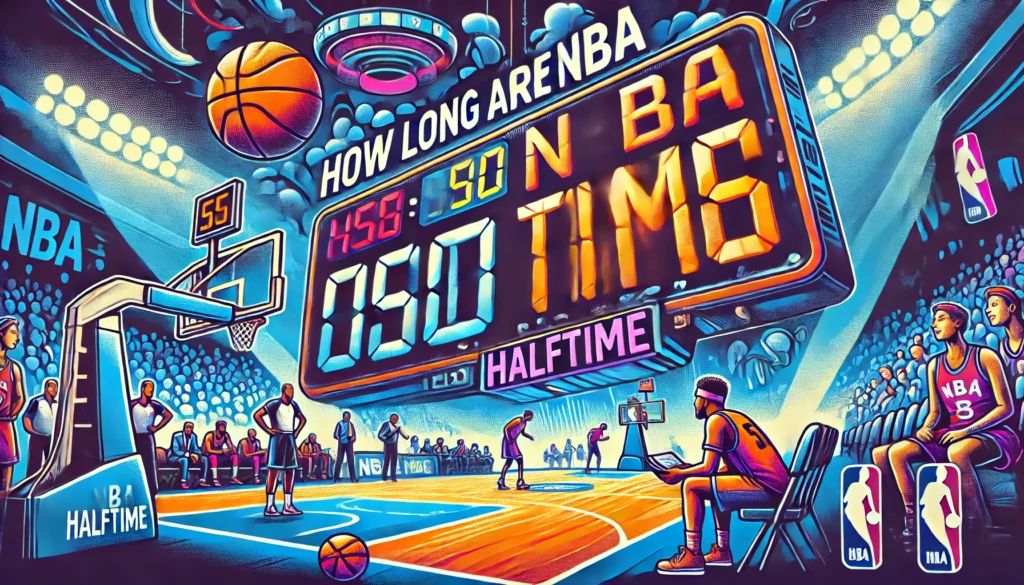NBA referees play a crucial role in maintaining the integrity and fairness of professional basketball games. Their job requires extensive knowledge, quick decision-making skills, and the ability to handle high-pressure situations. Many fans wonder about the financial compensation these officials receive for their demanding work on the court.
NBA referees earn between $150,000 and $550,000 per season, with salaries varying based on experience and performance. This range reflects the significant responsibility and expertise required to officiate at the highest level of professional basketball. Entry-level referees start at the lower end of the scale, while veteran officials with years of experience and proven track records command higher salaries.
In addition to their base salaries, NBA referees can earn extra income for officiating playoff games. The playoff bonuses range from $800 to $29,000 per game, depending on the referee’s seniority and the stage of the playoffs. This structure incentivizes consistent performance and rewards those who earn assignments in the most critical games of the season.
Key Takeaways
- NBA referees’ salaries range from $150,000 to $550,000 per season
- Playoff game assignments offer additional income opportunities for referees
- Referee compensation in the NBA is competitive compared to other major sports leagues
NBA Referees’ Salaries Overview
NBA referees earn substantial salaries that increase with experience and performance. Entry-level referees start at approximately $600 per game or $250,000 annually. As they gain experience and prove their skills, their compensation grows significantly.
Seasoned referees can earn up to $3,500 per game or $550,000 per year. The most experienced officials, known as senior referees, typically make around $500,000 annually.
Playoff games offer additional earning opportunities. Newer referees can make $800 to $5,000 per playoff game, while veteran officials can earn between $9,000 and $29,000.
The highest-paid NBA referee in 2023 is James Capers, with an estimated annual salary of $550,000. His earnings reflect his extensive experience, having officiated over 1,500 games in 28 seasons.
NBA referees also receive attractive compensation packages that include:
- Travel expense coverage
- Insurance benefits
- Retirement plans
These additional benefits enhance the overall value of their employment with the NBA.
Factors Influencing NBA Referees’ Earnings
NBA referees’ salaries are affected by several key variables. These factors determine the substantial range in earnings among officials, from entry-level to top-tier compensation.
Experience and Seniority
NBA referees’ annual salaries range from $180,000 to $550,000, largely based on their years of service and performance. Novice officials start at the lower end of this scale, while seasoned veterans command higher pay.
As referees accumulate experience, they often receive salary increases. This progression reflects their improved skills, game management abilities, and decision-making under pressure.
Senior officials like James Capers, with over 1,500 games and 28 seasons under his belt, can earn up to $550,000 annually. This demonstrates the significant impact of longevity and expertise on earning potential.
Game Importance and Playoff Bonuses
Regular season games form the base of a referee’s income, but playoff assignments can substantially boost their earnings. Playoff game fees range from $800 to $29,000, depending on the official’s experience level.
Newer referees typically earn $800 to $5,000 per playoff game. In contrast, veteran officials can make $9,000 to $29,000 for high-stakes postseason matches.
This bonus structure incentivizes consistent high-performance throughout the season. It also rewards those who demonstrate the ability to officiate effectively in more pressure-filled playoff environments.
Endorsements and External Opportunities
While less common than for players, some top NBA referees may have opportunities for additional income outside their official duties. These can include speaking engagements, basketball clinics, or media appearances.
Highly respected officials might be invited to share their expertise at referee training programs or sports management courses. Such engagements can provide supplementary income and enhance their professional profile.
Some referees may also leverage their NBA experience to officiate in international tournaments or other professional leagues during the off-season, further increasing their annual earnings.
Comparison with Other Professional Sports Referees
NBA referees are among the highest-paid officials in professional sports. Their salaries range from around $150,000 to $550,000 per year, depending on experience and rank.
In comparison, NFL referees earn an average of $205,000 per year. MLB umpires make between $150,000 and $450,000 annually, while NHL referees earn $165,000 to $360,000 per season.
Tennis and golf officials typically earn less than their counterparts in team sports. Top tennis chair umpires make around $80,000 annually, while PGA Tour rules officials earn approximately $100,000 per year.
Here’s a quick comparison of average salaries:
| Sport | Average Referee Salary |
|---|---|
| NBA | $375,000 |
| NFL | $205,000 |
| MLB | $300,000 |
| NHL | $275,000 |
It’s worth noting that NBA referees can earn additional compensation for officiating playoff games. This can range from $800 to $29,000 per game, depending on the referee’s experience and the round of the playoffs.
NBA referees also receive benefits such as travel expenses, insurance, and retirement plans, which further enhance their overall compensation package.
Contract and Payment Structure
NBA referees earn substantial salaries through a structured payment system. Their compensation includes both base pay and performance bonuses, with additional benefits to support long-term financial security.
Seasonal Salary Basics
NBA referees’ salaries vary based on experience and performance. Entry-level referees can earn around $600 per game, potentially reaching $250,000 annually. Seasoned officials command higher rates, with top-tier referees making up to $550,000 per year.
The payment structure includes bonuses for playoff games. Newer referees can earn $800 to $5,000 for postseason matches. Veteran officials receive significantly more, with playoff bonuses ranging from $9,000 to $29,000 per game.
Retirement and Health Benefits
NBA referees receive comprehensive benefits packages to support their long-term well-being. These packages typically include health insurance coverage for the referees and their families. This ensures access to quality healthcare throughout their careers.
Retirement benefits are also a crucial component of the referees’ compensation. The NBA provides pension plans to help officials secure their financial future after their careers on the court conclude. While specific details of these plans are not publicly disclosed, they are considered competitive within the sports industry.
The Path to Becoming an NBA Referee
Aspiring NBA referees must meet rigorous requirements and follow a structured career progression. The journey involves extensive education, training, and years of experience officiating at various levels of basketball.
Education and Training Requirements
To become an NBA referee, candidates typically need a high school diploma or equivalent. Many pursue college degrees in sports management or related fields. Passing a background check is mandatory. Aspiring refs must demonstrate deep knowledge of basketball rules through written tests.
Physical fitness is crucial. Referees need to keep up with fast-paced NBA games. They undergo regular fitness assessments.
Officiating experience is vital. Most start by refereeing youth leagues and high school games. They then progress to college-level officiating. The NCAA serves as a primary training ground for future NBA refs.
Professional Development and Advancement
NBA referee candidates often spend years honing their skills in the G League, the NBA’s official minor league. This provides valuable experience in a professional setting.
Continuous learning is essential. Refs attend training camps and workshops to stay updated on rule changes and improve their decision-making skills.
Performance evaluations are regular. Senior officials review game footage to assess referee calls and positioning. High performers may advance to playoff games and eventually become crew chiefs.
Networking plays a role. Building relationships within the basketball community can lead to opportunities. Many refs join professional associations for support and career advancement.
The Role of the National Basketball Referees Association
The National Basketball Referees Association (NBRA) serves as the collective bargaining representative for NBA officials. It negotiates contracts and salaries on behalf of its members with the league.
In 2022, the NBRA and NBA reached a new collective bargaining agreement extending through the 2028-29 season. This agreement outlines referee compensation and working conditions.
The NBRA works to ensure fair pay for its members. NBA referees earn significantly more than officials in other leagues, with salaries ranging from $250,000 to $550,000 annually.
Beyond salary negotiations, the NBRA provides training and development opportunities for its members. This helps maintain high standards of officiating in the NBA.
The association also advocates for the interests of referees in discussions about rule changes and officiating policies. It aims to protect the integrity of the game while supporting its members.
Through its efforts, the NBRA plays a crucial role in maintaining professional standards and fair compensation for NBA referees. It ensures that officials are well-prepared and adequately rewarded for their important role in the sport.
Public Perception and Media Scrutiny
NBA referees face intense scrutiny from fans, players, and media outlets. Their decisions can significantly impact game outcomes, leading to heightened attention on their performance.
Social media has amplified criticism of referees. Controversial calls often go viral, subjecting officials to widespread public debate and sometimes harsh criticism.
The NBA Referees Association works to support its members and improve public understanding of the challenges referees face. They engage in outreach and educational efforts to explain complex rules and decision-making processes.
Referees’ salaries have become a topic of public interest. The fact that top NBA refs can earn over $550,000 annually has sparked discussions about compensation in relation to job demands and pressures.
Media coverage of referee performance has increased in recent years. Sports networks and websites frequently analyze controversial calls, using slow-motion replays and expert commentary to dissect referee decisions.
The NBA has implemented measures to enhance transparency, including the “Last Two Minute Report” which reviews officiating in close games. This initiative aims to build trust but has also intensified focus on referee errors.
Referees undergo rigorous training and evaluation to maintain high standards. The league emphasizes continuous improvement and accountability in response to public and media scrutiny.
Frequently Asked Questions
NBA referees earn substantial salaries and benefits, with pay varying based on experience and game assignments. The path to becoming an NBA referee involves rigorous training and evaluation.
What is the annual salary range for NBA referees?
NBA referees earn between $200,000 and $550,000 per year. Entry-level officials start around $200,000, while the most experienced referees can make over $500,000 annually.
The exact salary depends on factors like years of service and performance evaluations.
What benefits do NBA referees receive beyond their base salary?
NBA referees receive comprehensive benefits packages. These typically include health insurance, retirement plans, and travel accommodations.
Referees also get perks like free game tickets and reimbursement for travel expenses related to their officiating duties.
How does the pay scale vary for NBA referees from rookie to veteran status?
The pay scale for NBA referees increases significantly with experience. Rookie referees may earn around $600 per game, while veteran officials can make up to $7,000 per game.
This substantial difference reflects the value placed on experience and consistent high-level performance in NBA officiating.
What factors influence the game fees for NBA referees throughout the season?
Game fees for NBA referees can vary based on several factors. These may include the importance of the game, whether it’s a regular season or playoff match, and the referee’s experience level.
Nationally televised games or high-profile matchups might also command higher fees for officials.
How are NBA referees’ salaries determined for playoff and Finals games?
Playoff and Finals games typically offer higher compensation for referees. The exact amounts are not publicly disclosed, but these assignments are considered prestigious and likely come with increased pay.
Only the highest-performing referees are selected for these crucial games, reflecting their skill and experience.
What is the process for becoming an NBA referee?
Becoming an NBA referee requires extensive experience and training. Aspiring officials often start by refereeing high school and college games.
They then progress through lower-level professional leagues before being considered for NBA positions. The NBA also runs a rigorous referee development program to train and evaluate potential officials.












